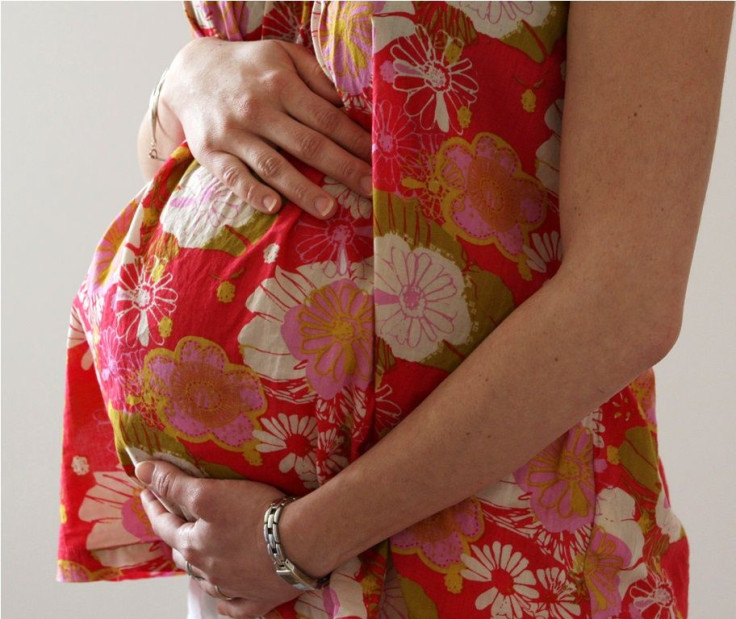Pregnancy diet links to risk of heart abnormalities in babies

A relatively healthy diet before and during pregnancy may cut the risk of a baby to develop a congenital heart problem, a new study suggests. The assessed quality of diets of the participants shows a better-fed mum was associated with a 37 percent lower risk of Tetralogy of Fallot and a 23 percent lower risk of heart abnormality.
The study, published in the Archives of Disease in Childhood, Fetal & Neonatal Edition, says around 1 percent of newborns in the US were commonly affected by congenital heart defects. Doctors still have few preventive options on the costly condition, which around one in four affected children dies during infancy as a result.
Some experts recommend a healthy diet must be with plenty of fresh fish, fruit, nuts and vegetables. And other studies suggest that multivitamin supplements might lower the risk of heart abnormalities at birth.
The link of the mother’s diet to the health condition of their baby was suggested through the analysis of the quantity and quality of their diet during the year leading up to pregnancy. The data came from 19,000 women in the US participating in the National Birth Defects Prevention Study.
The researchers said half of the participating women had given birth to healthy babies, and half had babies with major heart problems at birth between 1997 and 2009. The diet quality of the participants was assessed using two scoring systems, the Mediterranean Diet Score and the Diet Quality Index for Pregnancy, or DQI-P.
The result from the DQI-P shows the mothers in the top 25 percent of diet quality had a significantly lower risk of having a baby with certain heart abnormalities, such as atrial septal defects and Tetralogy of Fallot, than those in the bottom 25 percent.
Doctors describe atrial septal defects as the holes in the wall of the septum, which divides the upper chambers or atria of the heart. The complex abnormality which can lead to dangerously low oxygen levels in the blood going to the rest of the body is called Tetralogy of Fallot.
In the findings, the mother’s good quality of diet was associated with a 37 percent lower risk of Tetralogy of Fallot, and a 23 percent lower risk of atrial septal defects.
"This is an interesting study which highlights the importance of diet right from the start of life,” said Victoria Taylor, a senior dietitian at the BHF. "A healthy diet before, during and after pregnancy can have benefits for both mother and child and, as seen here, the whole diet should be taken into consideration, rather than solely focusing on individual nutrients.”
The researchers noted that the findings came from an observational study which no definitive conclusions about cause and effect can be drawn. However, similar associations have been found for diet before pregnancy and some other birth defects, including cleft palate and neural tube defects, they added.
The reduced risk of the congenital heart defects may be considered as an added bonus of having a healthier diet before pregnancy. The findings support the current dietary recommendations for women wanting to get pregnant, the researchers concluded.
Contact the writer at feedback@ibtimes.com.au or tell us what you think below





















